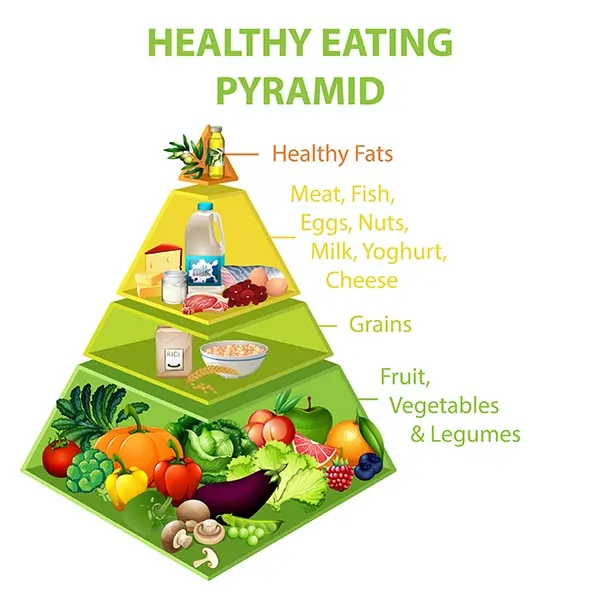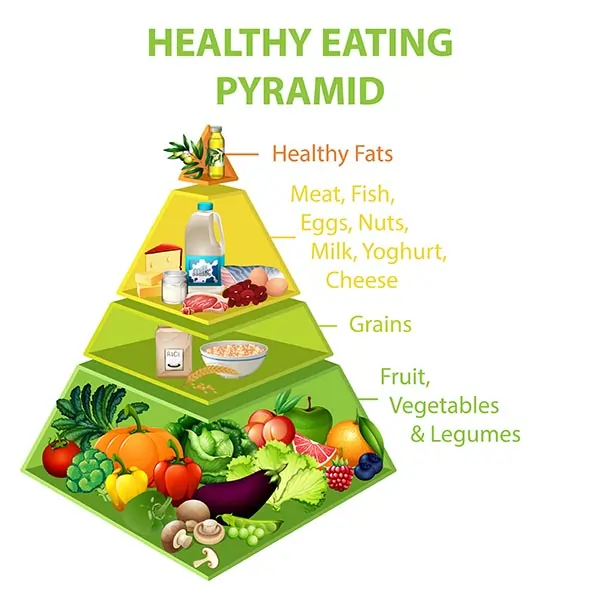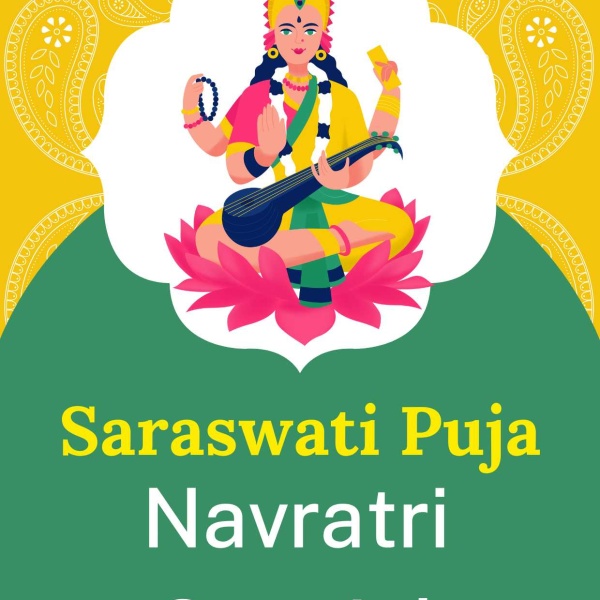
Why Women Need Safe Fasting Tips
Fasting during festivals is a beautiful tradition. It brings families together, strengthens our spiritual connection, and gives us time for self-reflection. But for women, fasting often comes with extra challenges.
Many women are not just fasting—they’re also busy cooking festive meals, managing the household, taking care of children, or even working full-time jobs. This can make fasting feel exhausting. If not done carefully, fasting can cause dehydration, weakness, dizziness, and even mood swings.
That’s why following safe fasting tips for women is so important. With the right guidance, you can fast with energy, maintain your health, and enjoy the spiritual essence of festivals without feeling drained.
The Purpose of Fasting
Before diving into tips, let’s remember why fasting is practiced:
- Spiritual connection – It brings discipline and helps focus on prayer.
- Cleansing – It gives your digestive system a much-needed break.
- Mindful living – It makes you more aware of your food and lifestyle choices.
- Tradition – It connects us with our roots and cultural practices.
But to truly gain these benefits, fasting must be done safely and mindfully.
Safe Fasting Tips for Women During Festivals
1. Hydration Is Your Best Friend
The most important rule of safe fasting is staying hydrated. Many women forget to drink enough water before starting their fast, which leads to headaches and low energy.
Hydration tips:
- Drink 2–3 glasses of water before your fast begins.
- If your fast allows liquids, sip coconut water, lemon water, or buttermilk during the day.
- Infuse water with cucumber, mint, or tulsi leaves for added freshness.
- Limit tea and coffee, as they increase acidity and dehydration.
If your fast restricts water, make sure you drink extra fluids the day before and after.
2. Eat Smart Before Starting Your Fast
What you eat before fasting decides how you’ll feel later in the day. Avoid oily, spicy, or heavy foods that cause bloating. Instead, choose slow-digesting foods that release energy gradually.
Good pre-fast foods:
- A bowl of oats or porridge with milk and nuts.
- A banana or papaya for lasting energy.
- A handful of almonds, walnuts, or raisins.
- Curd with honey to prevent acidity.
These foods will keep you full for longer and prevent sudden hunger pangs.
3. Choose Light and Nourishing Foods During Fasting
If your festival fast allows fruits, milk, or specific grains, use them wisely. The goal is not to overload your stomach but to eat foods that are light, healthy, and provide energy.
Best foods during fasts:
- Fresh fruits like banana, apple, papaya, or watermelon.
- Dry fruits and seeds for quick energy.
- Sabudana (tapioca) khichdi or kheer for fullness.
- Boiled or roasted potatoes and sweet potatoes.
- Rajgira (amaranth) flour in rotis or laddoos.
These foods are traditional for a reason—they are easy to digest and keep you energized.
4. Break Your Fast Gently
After hours of fasting, your body needs time to adjust. Avoid heavy or fried food right away. Instead, break your fast step by step.
How to break a fast safely:
- Start with water or coconut water.
- Eat fruits or dates to wake up your digestive system.
- Then have a small meal of vegetables with fasting grains like rajgira or sama rice.
- Save fried snacks or sweets for later in moderation.
This way, your body will thank you with better digestion and energy.
5. Manage Your Energy and Lifestyle
Fasting is not just about food. It also affects your energy and mood. Women often push themselves too hard on fasting days—cooking, working, and managing the household all at once.
Energy-saving hacks:
- Plan lighter tasks for fasting days.
- Take short breaks to rest and breathe deeply.
- Practice gentle yoga or pranayama instead of heavy workouts.
- A short afternoon nap can recharge you.
- Avoid unnecessary stress—it makes fasting harder.
Remember: Fasting is also about slowing down and being mindful.
Benefits of Fasting for Women
When done properly, fasting can benefit both body and mind.
- Detoxification: Clears out toxins from the body.
- Better Digestion: Gives the stomach a rest.
- Hormonal Balance: Helps regulate cycles when done regularly.
- Mental Calmness: Improves focus and reduces anxiety.
- Spiritual Upliftment: Deepens devotion and mindfulness.
Following safe fasting tips for women ensures you enjoy these benefits without harming your health.
Do’s and Don’ts of Safe Fasting
Do’s
- Drink enough fluids before and after fasting.
- Eat sattvic (pure, light) foods like fruits, nuts, and milk.
- Break your fast gradually with water and fruits.
- Rest when needed—listen to your body.
Don’ts
- Don’t skip hydration before starting your fast.
- Don’t binge on fried or sugary foods when breaking fast.
- Don’t overexert with heavy physical work.
- Don’t ignore dizziness or weakness—end your fast if necessary.
FAQs: Safe Fasting Practices
1. Can I exercise while fasting?
Yes, but keep it light. Yoga, walking, or simple stretches are better than gym workouts.
2. What should I do if I feel dizzy during fasting?
Drink water or eat a fruit immediately. Dizziness means your blood sugar has dropped too low.
3. Can pregnant or breastfeeding women fast?
It’s best to avoid strict fasting. Always consult your doctor before attempting.
4. Is tea or coffee okay during fasting?
Some traditions allow it, but limit intake. Herbal teas like tulsi or ginger are better choices.
5. Does fasting help with weight loss?
Yes, mindful fasting can reduce overeating and reset digestion. But the main goal should always be health and spiritual balance, not just weight loss.
Conclusion: Fasting with Balance
Fasting is not about starving—it’s about balance, discipline, and mindfulness. With the right safe fasting tips for women, you can avoid fatigue, stay hydrated, and enjoy your festivals with full energy and devotion.
✨ Remember: The glow of fasting comes not just from what you eat (or don’t eat), but from how calmly and mindfully you live the day.
So this festival season, fast with love, awareness, and care—for your body, your spirit, and your traditions.


